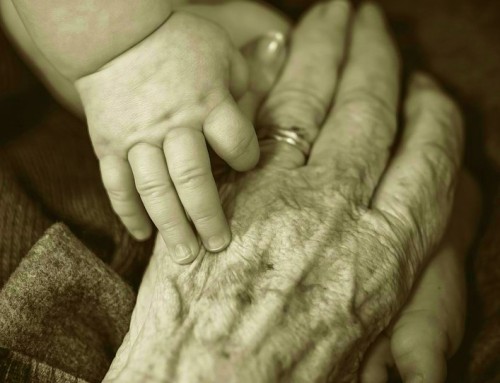Tips for Helping Your Child Adjust to Divorce
Divorce is a difficult adjustment for parents, but it’s nothing compared to what your children must face. They never asked to have two parents living in separate households, disrupted schedules, and periods of tense emotions in their daily lives.
How children react to divorce and its aftermath will vary depending on their age and personality. However, one of the factors that you can control is your attitude and approach to each situation with your children.
That being said, here are several tips for helping your children adjust to a new separation or divorce.
Remain consistent. Children thrive on consistency, so try to keep them as close as possible to their previous schedules and lifestyles. This includes keeping your children at their same school, on the same sports teams, and having consistent schedules and rules at home. If you can both agree on a similar set of bedtimes, meal times, and household rules, the structure will give your children a sense of comfort.
Always stay positive. One of the worst things you can do around children after a divorce is to speak negatively about the other parent or let them witness your arguments. Regardless of your opinion, your ex-spouse is still that child’s working mother or father. Disparaging them or fighting in front of children can give kids a strong sense of unease and eat away at their self-esteem. If you must disagree, wait until the children are out of the house or in school to have discussions.
Mind your own business. It’s natural to be curious about what your ex-spouse is doing now that you’re no longer in the picture, but your children aren’t your built-in spies. Don’t ask them who your ex is dating, what they’re spending money on or where they’re spending their free time.
Respect each other’s judgment. It’s likely that when you were married, one of you was used to making more of the child-related decisions. With a new custody arrangement, decisions are now being shared, or a parent gets to make some independent decisions when the children are in their home. As long as the children are safe and healthy, make a strong effort not to interfere with these decisions or to encroach on each other’s time.
Put your children first. Always put your children’s needs above any desire to be right or to “win.” Sometimes in a divorce, children believe that they are somehow to blame. It is now your job to put your children’s needs first and let them know that they are loved no matter what has happened with your marriage.










